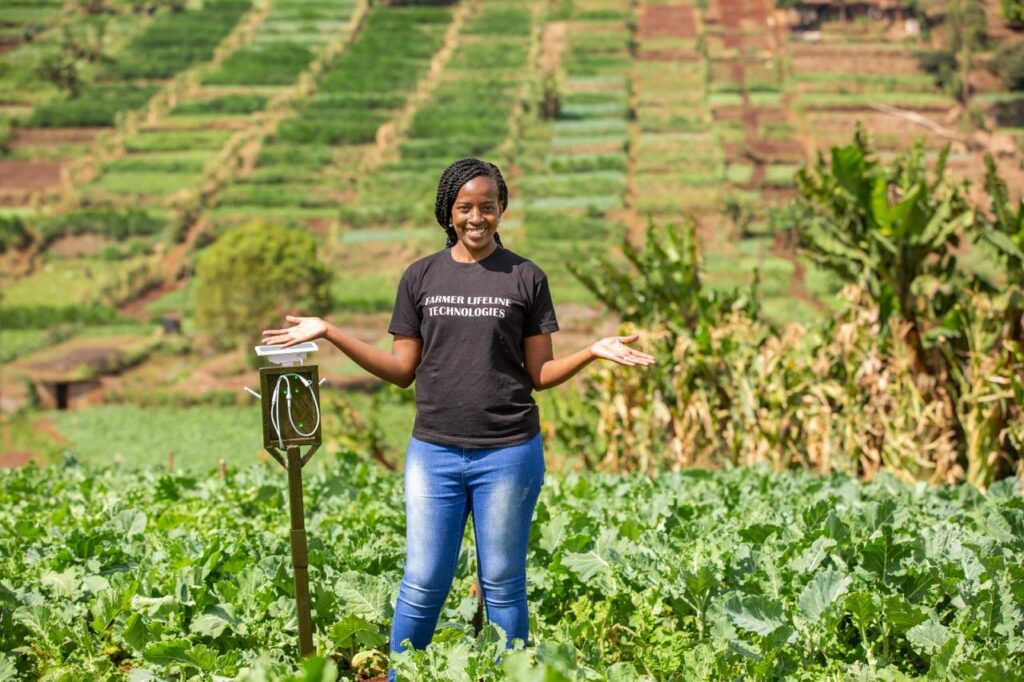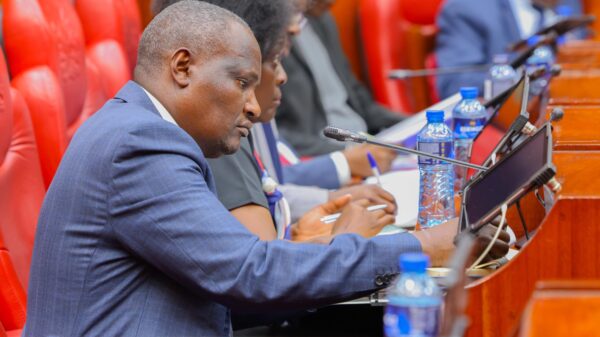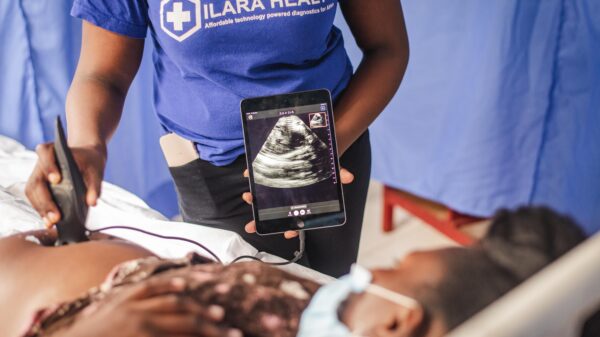NAIROBI, Kenya – May 23 – Three Kenyan startups—Solar Freeze, Farmer Lifeline, and Pollen Patrollers—have been shortlisted for the prestigious Qualcomm Make in Africa 2025 program, joining a competitive cohort of ten innovators from across the continent.
Now in its third year, the Qualcomm Make in Africa initiative received 435 applications from 19 African countries. The program is part of Qualcomm’s broader Africa Innovation Platform, designed to nurture Africa’s deep-tech ecosystem by offering equity-free mentorship, technical guidance, business coaching, hardware access, and intellectual property (IP) support.
Participants in the program receive:
- Tailored mentorship from Qualcomm experts in AI/ML, IoT, connectivity, and systems design
- Access to Qualcomm hardware platforms and engineering consultations
- Business coaching to refine growth strategies and scale operations
- IP protection training via the L2Pro Africa e-learning platform
- Eligibility for the Wireless Reach™ Social Impact Fund, with one startup receiving funding and the remaining nine awarded development stipends
This comprehensive support enhances investor readiness and positions startups for global visibility and future funding opportunities. 
In addition to the Kenyan startups, the 2025 cohort includes:
- Aframend (Nigeria) – AI-powered drug discovery using African phytochemicals
- AmalXR (Tunisia) – AI-driven VR rehabilitation tools
- Archeos (Benin) – IoT-based solar solutions for aquaculture
- ClimatrixAI (Nigeria) – Hyperlocal AI flood prediction system
- Ecobees (Tunisia) – Smart hive monitoring for climate tracking
- Edulytics (Senegal) – Mobile AI-powered ultrasound for liver disease detection
- Pixii Motors (Tunisia) – Electric scooters with IoT-enabled battery optimisation
“These deep-tech startups represent the best of Africa’s innovation landscape,” said Wassim Chourbaji, SVP and President, Qualcomm MEA & SVP, Government Affairs EMEA. “By harnessing Qualcomm’s technologies in connectivity, IoT, and edge AI, these innovators are tackling challenges in agriculture, health, sustainability, and transportation.” 
John Omo, Secretary General of the African Telecommunications Union (ATU), praised the collaboration: “ATU is proud to partner with Qualcomm in this effort. These ten startups show the power of African ingenuity. We call on all stakeholders—governments, investors, academia, and industry—to rally behind such transformative ventures.”


































